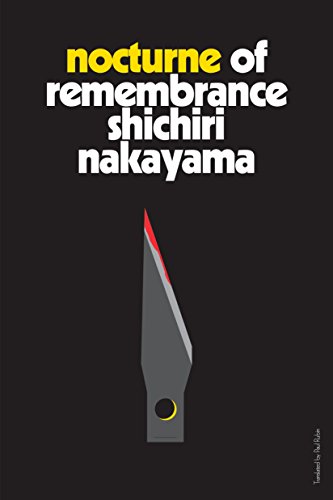
Translated by Deborah Boliver Boehm, The Cat in the Coffin originally appeared in Japan back in 1990, Vertical Inc published the translation in 2009 along with an interesting Chip Kidd cover. It's a little surprising, traversing the internet, not to have stumbled upon reading lists of Japanese cat related fictions as the list now in translation must number quite a few, maybe that's something for another day, or maybe they are out there. The Cat in the Coffin is related as a narrative within a narrative, the main character, an aspiring artist, Masayo, takes a job as housekeeper to a successful artist - Goro Kawakubo. In exchange for housekeeping duties, she receives a weekly lesson from Goro as well as financial payments. Additionally Masayo acts as tutor to Goro's daughter Momoko, who after her mother Yuriko's death has become withdrawn, her only confidant and companion being her white cat, Lala.
As the novel progresses Masayo contemplates her relationship to Goro, his flamboyant reputation as a bit of a womaniser precedes him and the presence of a nearby American base seems to hang over the household, a relaxation of formalities and perhaps a certain degree of bohemianism is in the air. As well as these observations Masayo observes the world inhabited by Momoko and Lala and their excursions out to the barley fields that also surround the household, the special places they frequent amongst them an old out of use well. Through arty parties and sojurns the presence of Chinatsu enters the house which causes ripples amongst the already slightly estranged relationships, the centre of attention shifts to Lala, the object of a jealous affection and in some ways a miniature power struggle. With the suspicion that the cat is an embodiment of Yuriko things take a turn for the worse, or perhaps it could be said that things take a turn down the pathological path.
Whilst reading The Cat in the Coffin it could feel perhaps that the plotline leans toward feeling slightly formulaic, although there are some surprising twists when the rug of character identities is pulled beneath your feet, there remains enough curvatures to it to keep you hooked until the last pages, and throughout the prose retains it's darkly gothic tones. After reading that Koike's novel A Cappella translated by Juliet W. Carpenter, was recently adapted to film, (trailer), I'd like to turn that one next.
The Cat in the Coffin at Vertical Inc

